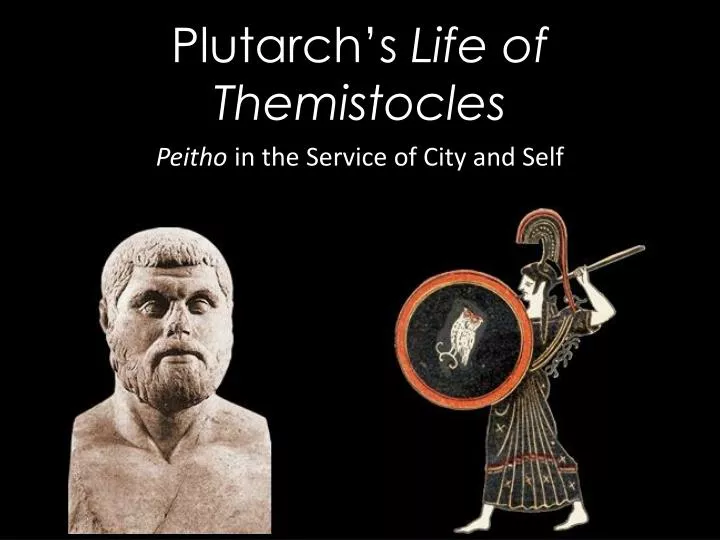
It is thought that Plutarch was present when the emperor Nero, who visited Greece at this time, declared the Greek towns to be free and autonomous.Ī wealthy aristocrat, Plutarch became a leading citizen of Chaeronea and is known to have represented his town on several occasions, including a visit to the governor of Achaea, and journeys to Alexandria and Rome. He never became a staunch Platonist, but remained open to the ideas of other philosophical schools such as the Stoa and the school of Aristotle. Plutarch studied philosophy, rhetoric, and mathematics at the Academy of Athens. His parents were wealthy people, and after 67 C.E., Plutarch traveled widely in the Mediterranean world, including two journeys to Rome.

in the small town of Chaeronea, in the Greek region known as Boeotia, probably during the reign of the Roman Emperor Claudius. The Moralia, or Ethica, is a series of more than 60 essays on philosophical, religious, ethical, political, physical, and literary topics. Shakespeare and other Elizabethan dramatists used a translation by Thomas North as a source for many of their historical plays. Plutarch’s Lives provided the material for many stories and poems during the Middle Ages, and influenced English and French literature from the sixteenth through the nineteenth centuries.

The biographies, which paired Greek and Roman subjects in comparisons which were sometimes rather forced, are an important source of historical information. Among his approximately 227 works, the most important are the Bioi paralleloi (Parallel Lives), which describes the characters and recounts the noble deeds of Greek and Roman soldiers, legislators, orators, and statesmen.


 0 kommentar(er)
0 kommentar(er)
